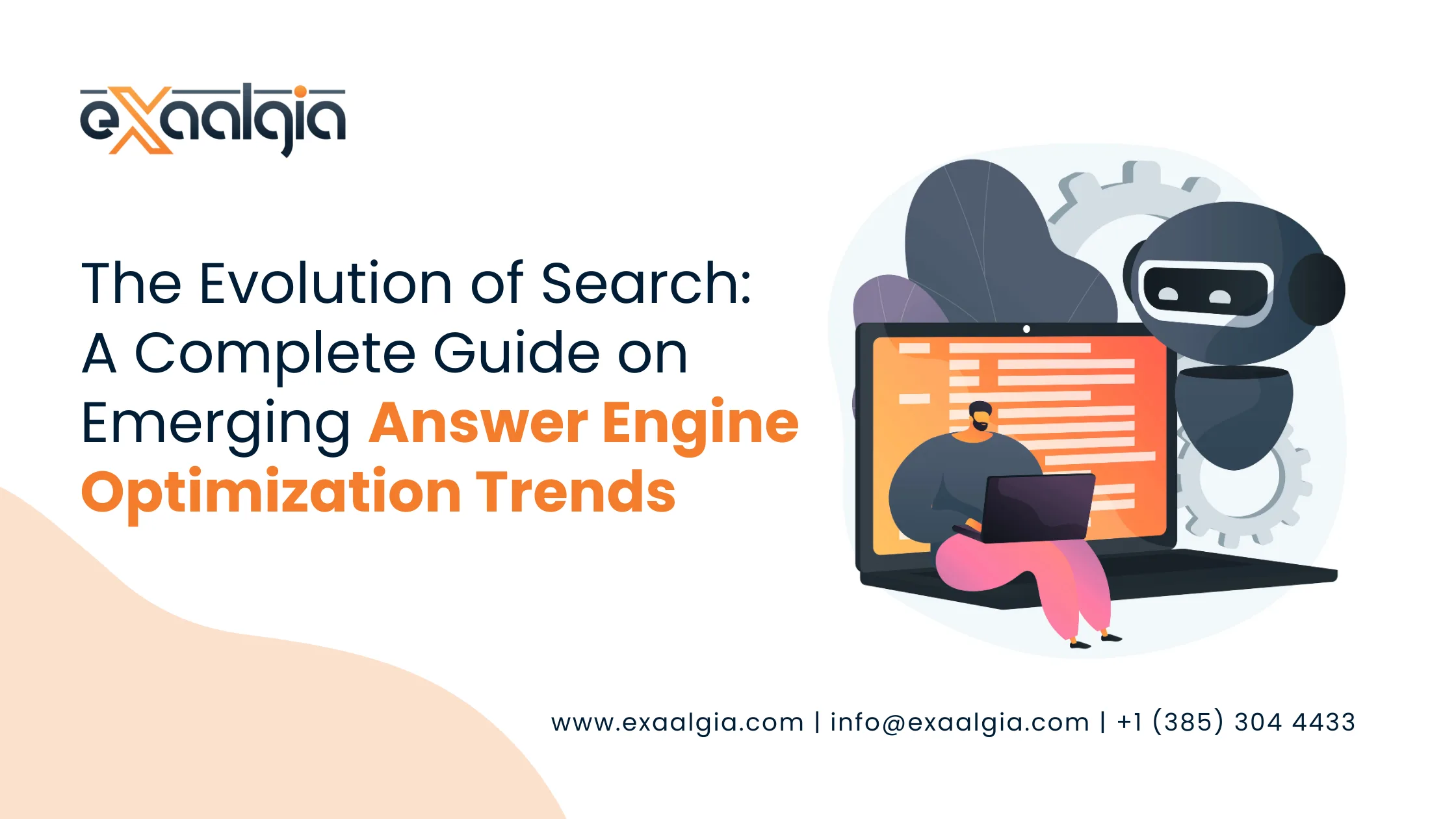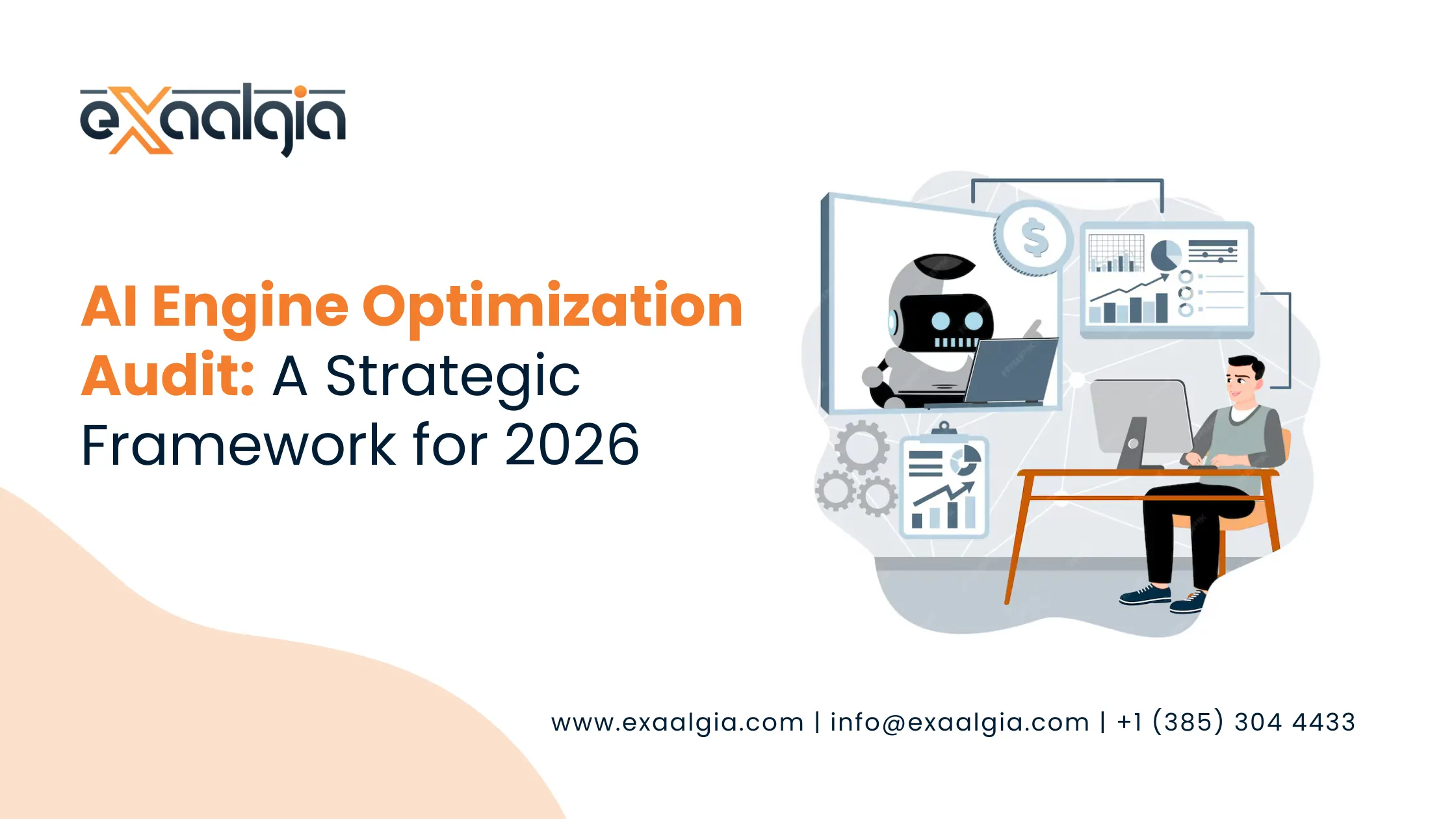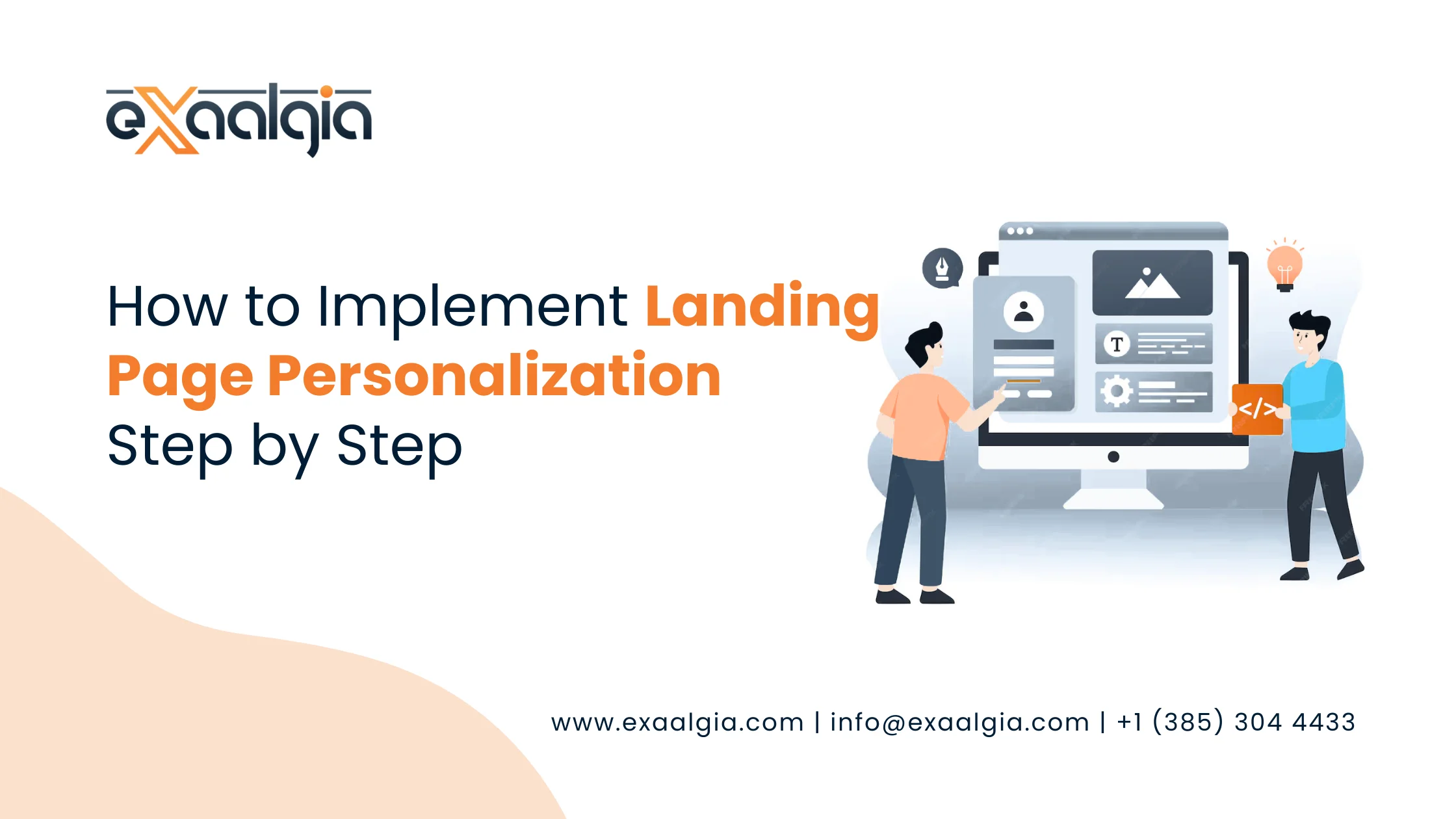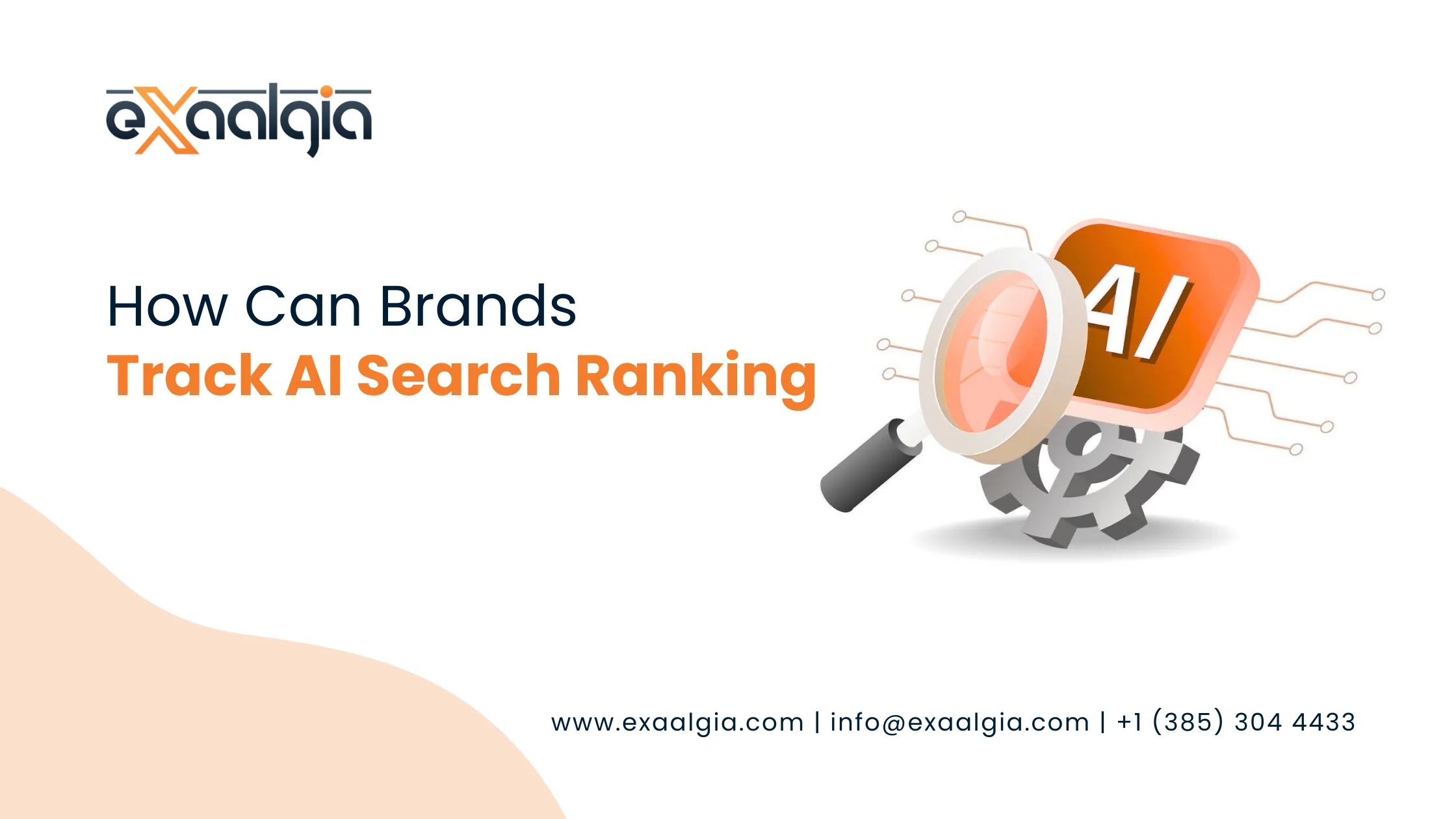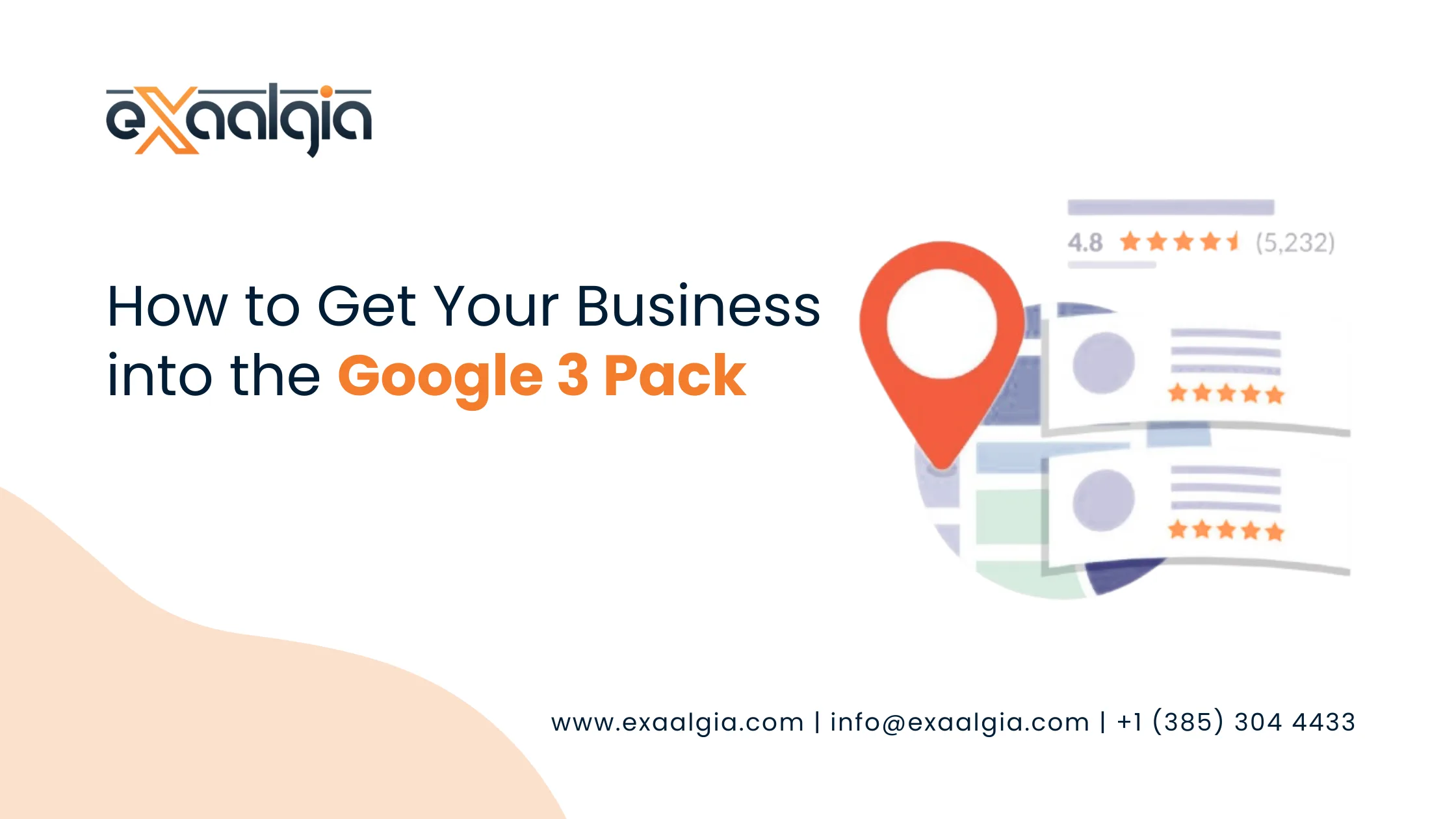This blog will walk through the content marketing basics, importance, benefits, various formats, and actionables in order to successfully execute the strategy. It also highlights inspiring examples and addresses some common FAQs. Let’s get into it!
What is Content Marketing?
Content marketing refers to the development and dissemination of content values that can help an individual reach, engage with, and maintain a target audience that can have specific defined criteria. Such practice doesn’t directly go to making direct sales pitches, but more in building problem solving solutions and asking questions.
For example, an SEO company may write articles on SEO techniques, software, and best practices in order to demonstrate its capabilities and fulfill the needs of the audience. Such an approach leads to long-term relationships that most often turn into sales.
Why is content marketing important?
Content marketing helps a business stay competitive online. Here’s why:
- Drive organic traffic: Search engines will favor those websites with fresh, quality, and optimized content through higher rankings in search results.
- Builds brand authority: By providing informative content, your brand turns out to be the most authoritative information source in your niche.
- Improved engagement with customers: The frequent release of relevant content helps keep the conversation open with your audience, leading to trust and loyalty.
- Supports Lead Generation and Conversions: Informative content guides potential customers through their buying journey, turning visitors into leads and leads into customers.
- Cost-Effective Marketing: Compared to traditional advertising, content marketing is more affordable and generates lasting results.
The Key Benefits of a Successful Content Marketing Strategy
An effective content marketing strategy doesn’t just build awareness; it drives tangible results. Here are the key benefits:
1. Increased Online Visibility
Content optimized for search engines (SEO) ensures your website ranks higher for related keywords, thereby increasing its visibility and more traffic to it.
2. Enhanced Audience Trust
When you give your audience helpful and insightful content, they start seeing you as an authority in your niche, so they tend to trust and engage with your brand.
3. Higher Engagement Levels
For example, interactive content like quizzes or user-generated posts and videos will make more people engaged with your brand.
4. Flexibility to Any Available Channel
Your content will come in handy as you want to reach people on all mediums because one size fits all. People reach you through different channels.
5. Measurable ROI
Use the measuring system of Google Analytics to find changes in your traffic and leads as well as sales for a good return on investment.
Content Marketing Types
The multi-format content marketing is designed to meet the various preferences that the audience may have. Here’s a list:
1. Blogs
Blogs are an important part of content marketing. They are well-suited to information, tips, or how-to guides. Imagine a blog on “SEO services in the USA.” Educating the reader about a topic will subtly promote your offerings in the process.
2. Videos
Video content is extremely engaging and shareable. YouTube, Instagram Reels, and TikTok have great potential for storytelling, tutorials, and product demonstrations.
3. Infographics
Infographics is a good way to present complex data in an easy-to-understand format. Such information is great for conveying statistics and key takeaways.
4. Ebooks and Whitepapers
Long-form content like ebooks and whitepapers is best to foster leads as they dive deeper into a particular subject matter.
5. Podcasts
Podcasts are becoming the most popular medium through which brands discuss industry trends and connect with audiences in a conversational manner.
6. Social Media Posts
Short, punchy messages on LinkedIn, Instagram or Facebook help keep your brand top of mind and also interact with followers.
How to Execute a Successful Content Strategy
Developing a content marketing strategy takes time and effort. The following is a step-by-step guide on the same.
1. Define Clear Goals
Outline your reason for using content marketing. This might be driving more website traffic, generating leads, or improving brand recognition.
2. Know Your Target
Gather audience data based on their demographics, interests, problems, and format of preference for consuming content.
3. Know Where to Improve
Know the competitor sites, where there might be some gap in topics or keywords being used and that are not on your list. Such content gaps help to differentiate your product from competitors.
4. Make a Content Calendar
Plan a schedule for choosing content topics, formats, and distribution channels. In order to keep your audience interested, consistency is a must.
5. Optimize for SEO
Use words like “content marketing strategy,” “digital marketing services,” and “SEO strategies” in your content and thus improve the search rank.
6. Leverage Tools and Analytics
Use SEMrush, Google Analytics, and HubSpot to track the performance of your content and refine your strategy based on data-driven insights.
Exceptional Content Marketing by B2B and B2C Brands
B2B Examples
- HubSpot: HubSpot is known for educational blogs, free tools, and resources. It has managed to attract marketers and business owners continuously.
- Slack: Slack uses customer stories and case studies to show how businesses use the product effectively to enhance team communication.
B2C Examples
- Coca-Cola: The Coca-Cola “Share a Coke” campaign was one of those where user-generated content is actually encouraged, thus developing the emotional connection with the customers.
- Airbnb: Airbnb uses compelling storytelling to bring forth unique travel experiences of its community, creating trust and inspiration.
FAQs – Content Marketing
1. What is content marketing?
Content marketing is primarily all about building value from the audience’s perspective related to their needs and interests, driving engagement and conversion.
2. How does content marketing help in SEO?
Content marketing enhances your SEO because it will include key words relevant to the niche, as well as bring in back links and engage more users thus increasing better search engine rankings.
3. What are content gaps and why do they matter?
Content gaps relate to the areas of topics or keywords that your competition is targeting, which upon identification help bridge gaps for competitiveness purposes.
4. What is the basic tool in content marketing?
Some popular tools include Google Analytics for tracking performance, SEMrush for keyword research, and Canva for designing visuals.
5. How frequently should I publish content?
How often you publish depends on the resources you have at hand and what your audience will appreciate. Consistency beats volume, so focus on quality rather than quantity.
In a Nutshell
Content marketing is one of the most important tools marketers can use to engage with customers, establish credibility, and even achieve their marketing objectives by utilizing various content types with proper SEO, gap content filling, and more.
This, therefore, means that working with a digital marketing agency that provides SEO services across the USA can make it possible to elevate your efforts in content marketing. Give us a call today to help work out a winning strategy around what matters most for your business needs.


